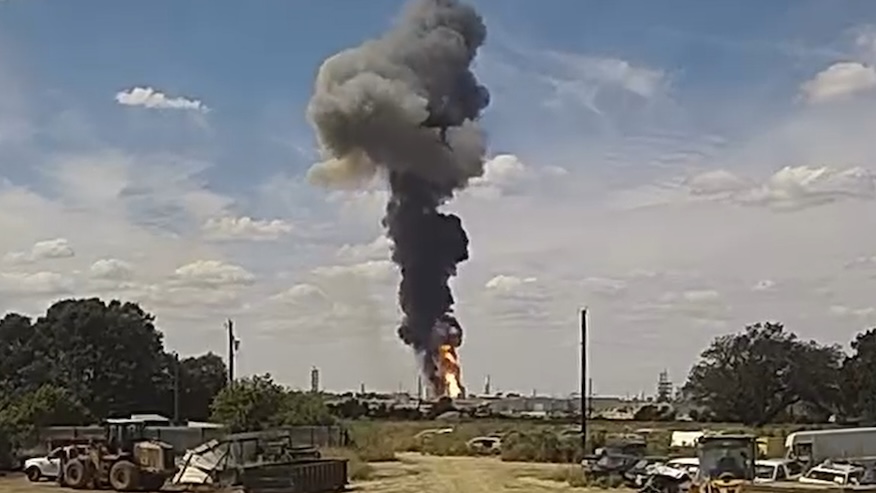
A ground testing anomaly destroyed Firefly Aerospace’s Alpha booster meant for its next mission But the setback also shows how private launch startups are learning through failures to compete in the fast-growing small satellite market
Why Firefly’s Ground Test Failure Tells a Bigger Story About New Space

Firefly Aerospace suffered a major setback when its Alpha rocket was destroyed during a ground test ahead of its upcoming mission The anomaly quickly wiped out the booster and delayed the flight schedule Yet beyond the immediate loss this event is part of a much bigger picture Every new space company from SpaceX to Rocket Lab has faced similar early failures on the road to stable operations
For Firefly the destroyed Alpha booster is not the end but a step in a longer learning curve Testing is where weaknesses are exposed before they cause problems in orbit The small satellite launch market is booming and competition is tough Firefly knows that reliability is key and every failure adds data that makes the next design stronger While headlines call it a failure the reality is that this is how progress is built in aerospace
Firefly Alpha Booster Destroyed During Ground Test: What Happened and Why It Matters

Firefly Aerospace faced a serious setback when its Alpha rocket booster was destroyed during a routine ground test The test was part of preparations for an upcoming launch but instead of clearing the rocket for flight the booster suffered a major anomaly and was lost in the process For
a young space company like Firefly this kind of failure is painful because each vehicle represents months of work resources and planning Yet the aerospace industry has shown repeatedly that testing is where the hardest lessons are learned Even SpaceX lost multiple Falcon 1 rockets
before reaching its first success What makes this event important is not just the loss of hardware but the data collected during the anomaly Engineers will now analyze every second of the test to identify weak points and improve the next Alpha vehicle This is how aerospace progresses step by
step through trial and error The Alpha rocket has already proven it can reach orbit so this failure does not erase its achievements but it does highlight how difficult consistency is in
spaceflight For customers waiting on satellite launches it may cause delays but for the industry it is a reminder that failures fuel progress
How Firefly’s Setback Fits Into the Larger New Space Journey
The destruction of Firefly’s Alpha booster is not an isolated incident but part of a bigger journey shared by many commercial launch startups Every new rocket program faces a mix of breakthroughs and failures as engineers push designs beyond theoretical limits The commercial space race is crowded with companies like Rocket Lab Relativity Space and ABL Space Systems all trying to secure a share
of the small satellite launch market Each of them has faced ground test anomalies or failed flights at some stage For Firefly this failure is a chance to show resilience A young company earns credibility not just through success but through its response to setbacks If Firefly is transparent about what went wrong and how it is fixing the issue it will strengthen trust with satellite operators and investors The company’s
long term role in the market depends on whether it can bounce back stronger from this event The larger lesson is that space is unforgiving and even small mistakes have big consequences Yet each anomaly also builds a foundation for safer and more reliable rockets in the future
